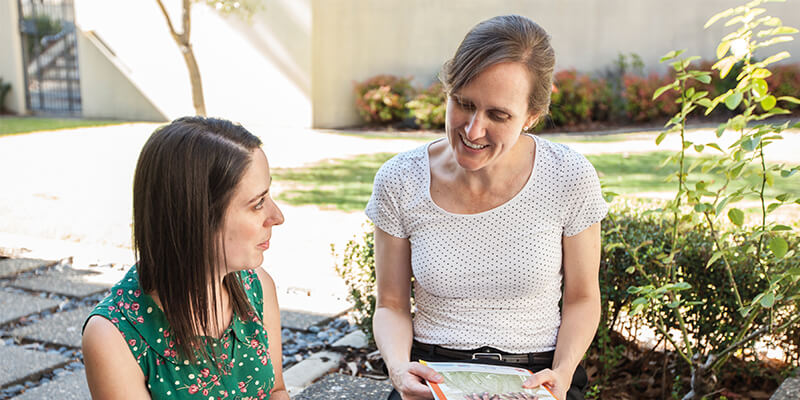Search

News & Events
New national guideline set to tackle skin infectionsWhen health organisations in the north-west of WA requested urgent action to address the region’s high rate of skin infections, Dr Asha Bowen answered the call.

News & Events
Skin infections send eight out of every 100 Aboriginal babies to hospitalIn a WA first, researchers from The Kids Research Institute Australia have shown that Aboriginal babies are 22.5 times more likely to be treated for skin infections than non-Aboriginal babies.
Research
Standardization of Epidemiological Surveillance of Group A Streptococcal PharyngitisPharyngitis, more commonly known as sore throat, is caused by viral and/or bacterial infections. Group A Streptococcus (Strep A) is the most common bacterial cause of pharyngitis. Strep A pharyngitis is an acute, self-limiting disease but if undertreated can lead to suppurative complications, nonsuppurative poststreptococcal immune-mediated diseases, and toxigenic presentations.
Research
A surge in human metapneumovirus paediatric respiratory admissions in Western Australia following the reduction of SARS-CoV-2 non-pharmaceutical interventionsWestern Australian laboratory data demonstrated a decrease in human metapneumovirus detections through 2020 associated with SARS-CoV-2-related non-pharmaceutical interventions, followed by a subsequent surge in metropolitan region in mid-2021. We aimed to assess the impact of the surge in hMPV on paediatric hospital admissions and the contribution of changes in testing.
Research
Pediatric Staphylococcus aureus Bacteremia: Clinical Spectrum and Predictors of Poor OutcomeStaphylococcus aureus is a common cause of bacteremia, yet the epidemiology and predictors of poor outcome remain inadequately defined in childhood. ISAIAH (Invasive Staphylococcus aureus Infections and Hospitalizations in children) is a prospective, cross-sectional study of S. aureus bacteremia in children hospitalized in Australia and New Zealand over 24 months.
Research
Population pharmacokinetic study of benzathine penicillin G administration in Indigenous children and young adults with rheumatic heart disease in the Northern Territory, AustraliaBenzathine penicillin G is the cornerstone of secondary prophylaxis to prevent Streptococcus pyogenes infections, which precede acute rheumatic fever.
Research
Antifungal use in children with acute leukaemia: state of current evidence and directions for future researchInvasive fungal disease (IFD) remains a common and serious complication in children treated for leukaemia. Antifungal prescription in children with leukaemia presents unique challenges, particularly due to variation in IFD risk between and within leukaemia treatment protocols, drug toxicities and interactions between antifungals and chemotherapeutic agents.
Research
Modeling COVID-19 disease processes by remote elicitation of causal Bayesian networks from medical expertsCOVID-19 is a new multi-organ disease causing considerable worldwide morbidity and mortality. While many recognized pathophysiological mechanisms are involved, their exact causal relationships remain opaque. Better understanding is needed for predicting their progression, targeting therapeutic approaches, and improving patient outcomes. While many mathematical causal models describe COVID-19 epidemiology, none have described its pathophysiology.
Research
Standardization of Epidemiological Surveillance of Acute Poststreptococcal GlomerulonephritisAcute poststreptococcal glomerulonephritis (APSGN) is an immune complex-induced glomerulonephritis that develops as a sequela of streptococcal infections. This article provides guidelines for the surveillance of APSGN due to group A Streptococcus (Strep A). The primary objectives of APSGN surveillance are to monitor trends in age- and sex-specific incidence, describe the demographic and clinical characteristics of patients with APSGN, document accompanying risk factors, then monitor trends in frequency of complications, illness duration, hospitalization rates, and mortality.
Research
Klebsiella aerogenes Adhesion Behaviour during Biofilm Formation on MonaziteThe adsorption behaviour of micro-organisms during the initial attachment stage of biofilm formation affects subsequent stages. The available area for attachment and the chemophysical properties of a surface affect microbial attachment performance.
